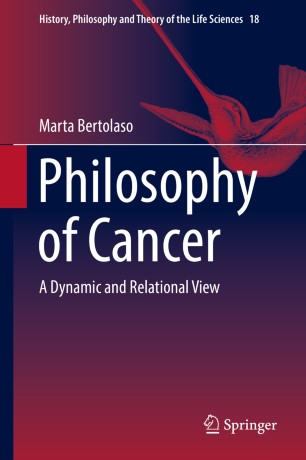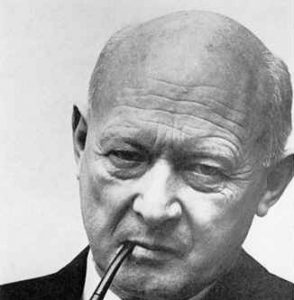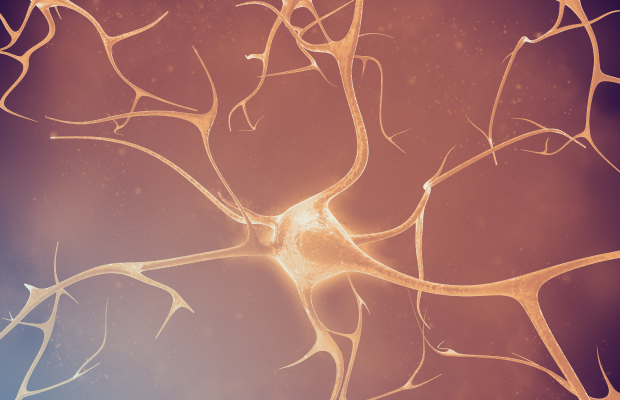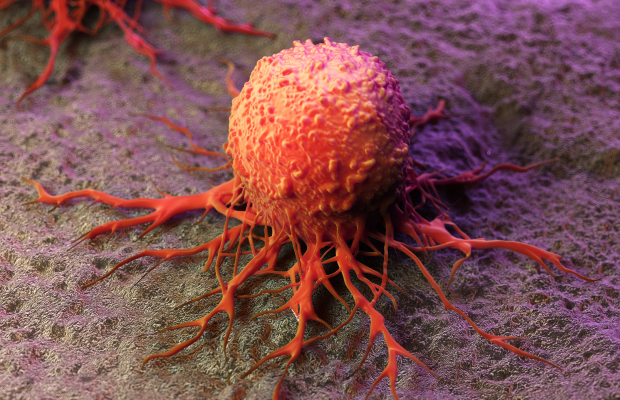
Marta Bertolaso is an Assistant Professor of Philosophy of Science at the University Campus BioMedico of Rome.

Conrad Waddington (1905-1975). British developmental biologist, paleontologist, geneticist, embryologist and philosopher who laid the foundations for systems biology, epigenetics, and evolutionary developmental biology.
“It is the understanding of the nature of the networks of interaction, which are involved in the process and which in which a collection of cells become organized into an organ with a nitary character, that still remain the central question when addressing living beings.” Conrad Waddington
The Systems Paradigm
A paradigm is a standard, perspective, or set of ideas that form a worldview underlying the theories and methodology of a particular domain. The systems paradigm, is then a coherent set of basic concepts and axioms that form the worldview or perspective underlying systems theory.
- Systems thinking leads to thinking of living organisms not only as organized molecular systems, but also organizers of molecular systems.
- Origin of cancer seems to be entangled with the very nature of living things.
- Differentiation vs. state-holding processes (counterbalancing).
- Imbalance of the above two processes may be at the root of cancer.
- Proliferation vs. differentiation: Cancer as a disease of cell differentiation rather than multiplication. A case of blocked ontogeny.
- Cancer results from the destruction of tissue architecture.
- Whereas mechanistic models considered functions as incorporated in the parts intrinsically, systems approaches and Systems biology look at the system as a whole and focus on the functions that emerge.
- Among the cultural reasons for the emergence of systemic views and theories . . . (is) the progressive erosion of traditional reductionist paradigms that are unable to grasp the dynamic regulative properties of complex systems
- The common focus of systemic models is on the causal relevance of the interactions among molecular parts, rather than some causal molecular part.
- ”Genes are only like the keys on a piano: although they are essential, it is the context that makes the music.”
- The tissue architecture is critical to cellular homeostasis and tissue-specific functions
- As metazoan cells in culture become free from the bonds of homeostatic influence necessary to coordinate the needs of a multicellular organism, the “liberated” metazoan cells may reacquire latent ancestral properties including proliferation and mobility.
- We must abandon the primacy of any part-whole framework and claim a theory of fields in the biological sciences
Regression
Bowen theory (M. Kerr):
If chronic anxiety escalates in a relationship system, the system becomes dominated by less thoughtful and more reactive ways of interacting that are older in an evolutionary sense than the advanced complex behaviors of a well-functioning relationship system.
Bertolaso: A Dynamic Relational View of Cancer
- Systems biology constitutes a unique synthesis between reductionistic (all in the molecules) and holistic (all in the whole) approaches.
- The synthesis should be an integrative, instead of oppositive or dialectical perspective.
- Treatment implication: How to balance relationships thereby creating the viability conditions for physiology, as opposed to avoiding or fighting pathology.




